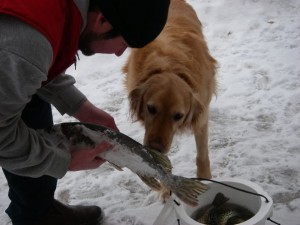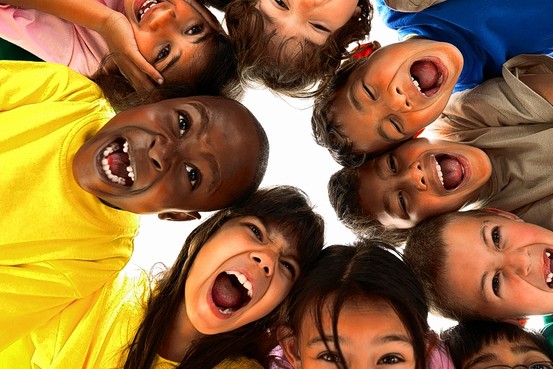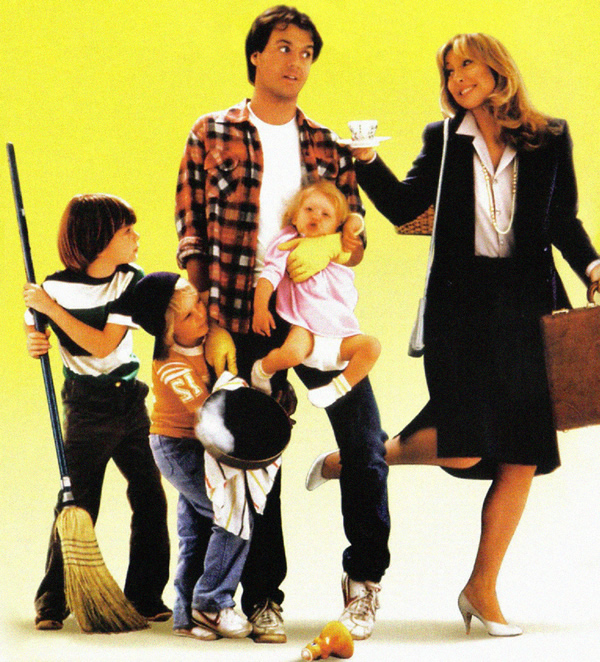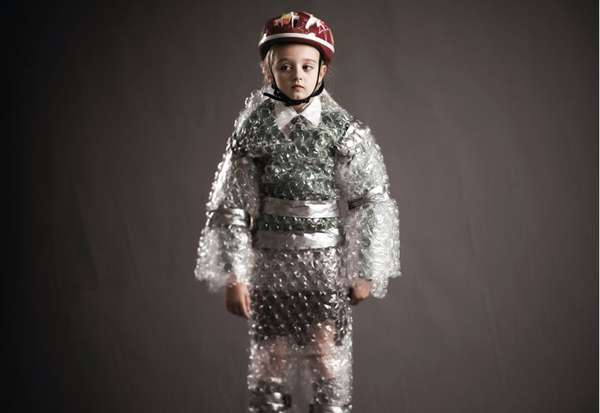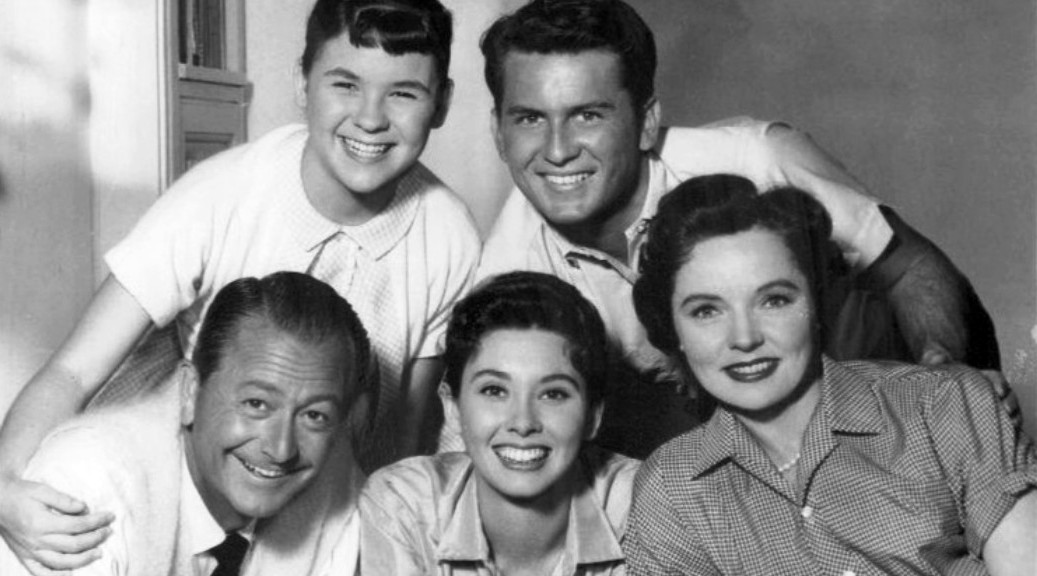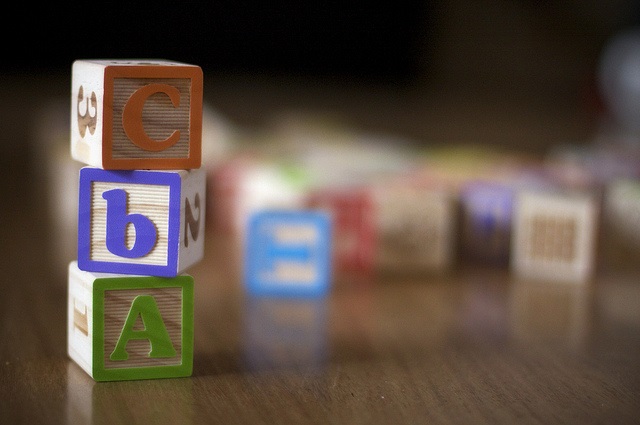I'm taking my 10.5-year-old golden retriever, George, to the vet during lunch today. He's been on a downward slide for the past few months and, despite our best efforts, I fear it's time for him to move on. He's lost most of his mobility and hasn't been eating. At a vet visit last month, he was prescribed muscle relaxants & various meds for pain & joint health as he was exhibiting symptoms of arthritis and muscle atrophy in his rear end. He improved for a while, but is again back to being barely able to get himself up; he can't even support himself to go to the bathroom. When I went to the kennel this morning, I though he was dead - he didn't raise his head to acknowledge me until I was at his side, petting him. He couldn't even lift himself and I had to carry him to the yard and hold his ass end up to take a leak. He took a few steps and then sat/laid down hard. Some research online suggests both that his deterioration isn't out of the ordinary and his current age is within the normal end-of-lifespan.
In my house, the dogs* are more pets than family members. Since kids were added to the mix, our dog-ownership activities have essentially deteriorated to the point of co-existence. They have a large dog house & roofed kennel, access to a big yard (more than an acre), get fed twice a day, and we let them out to run around a bit and go to the bathroom every morning and evening. However, they don't get the daily 2-mile walks they got for the first 6 years we had them, we don't play with them every day, George hasn't been hunting since 2009 and hasn't hit the lake for a swim in over a year. Kernel is young enough that I don't think it'll be too difficult for her and I know my wife will be sad. I'm already grieving a bit. George has been a truly amazing dog - but if he needs to be put down (and if I'm being honest) - I'll also be somewhat relieved.
I don't want him to be in pain and his quality of life right now is for shit, but I'm not willing (or able, really) to spend two or three thousand dollars to get him another six months. Last time, they suggested x-rays ($$) and potentially surgery ($$$), thinking it might be damaged discs in his back or joint issues in his hips and/or knees. He's a retriever and he can barely walk, let alone run and fetch. He's a mostly-outside dog (kennel & yard) and another winter would be incredibly hard on him. I don't want him to suffer, but I don't want to put him down if there's a reasonable alternative. The vets can (apparently) refuse to euthanize if they believe there's a better course of action. I'm all ears, but I'm not very optimistic at the moment. I didn't have dogs growing up so I have never dealt with this before...
*I anticipate our beagle will be the one most affected by his absence. They've been inseparable for nearly 10 years. She's had a ton of health issues and I always thought it'd be her that went first. Not sure how my wife's going to handle it when the beagle (Emma) passes. We got her about 4 months into our marriage so my wife would have a buddy while I was deployed. On the plus side, despite Emma's chronic bladder infections and incontinence, she'll be the easier of the two to move back into the house, seeing as how she's only 23 lbs. and doesn't have the long coat like George. Amazing how adulthood produces such callousness pragmatism.


